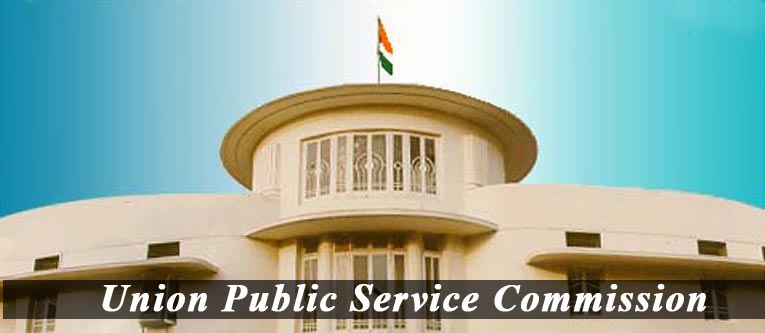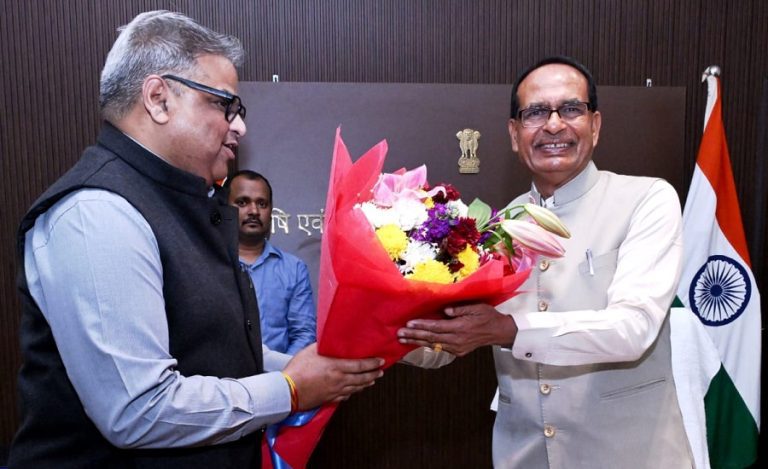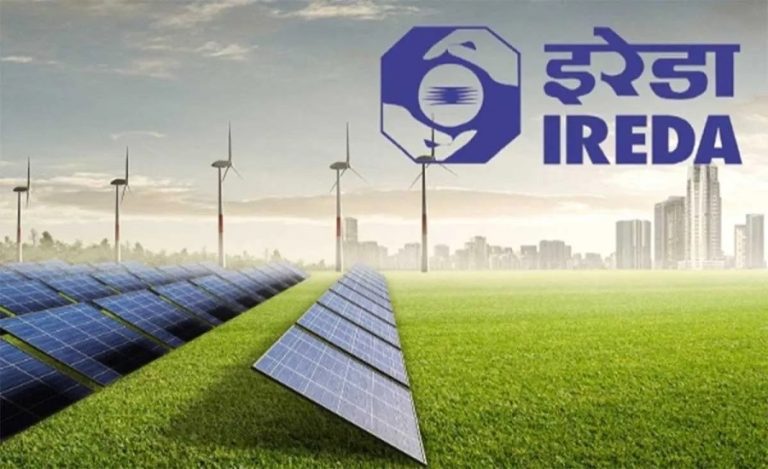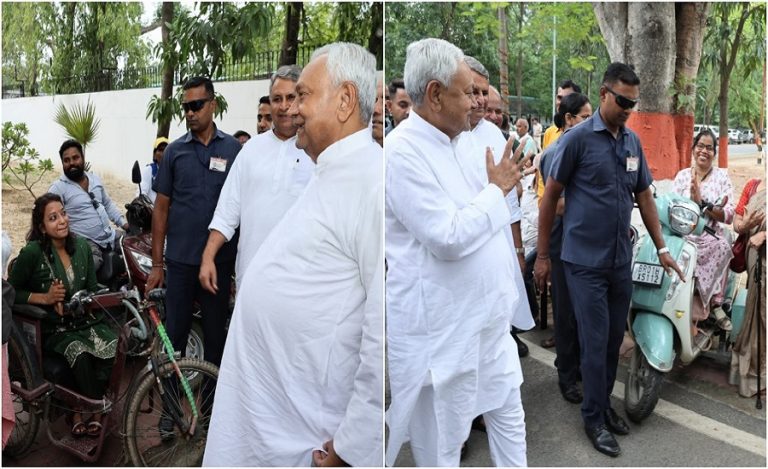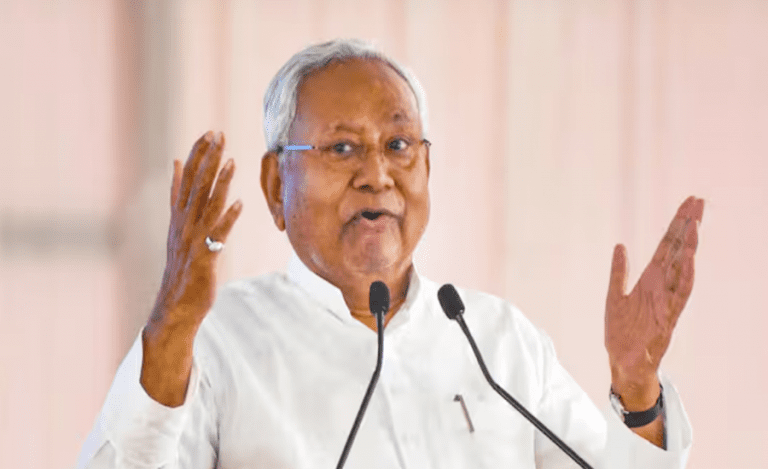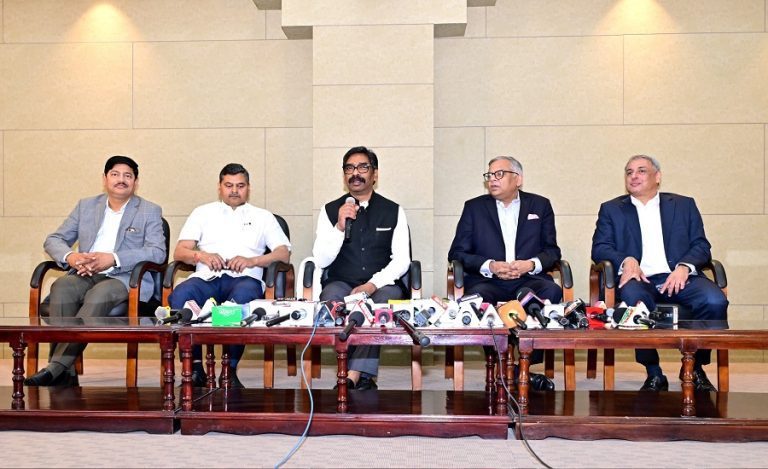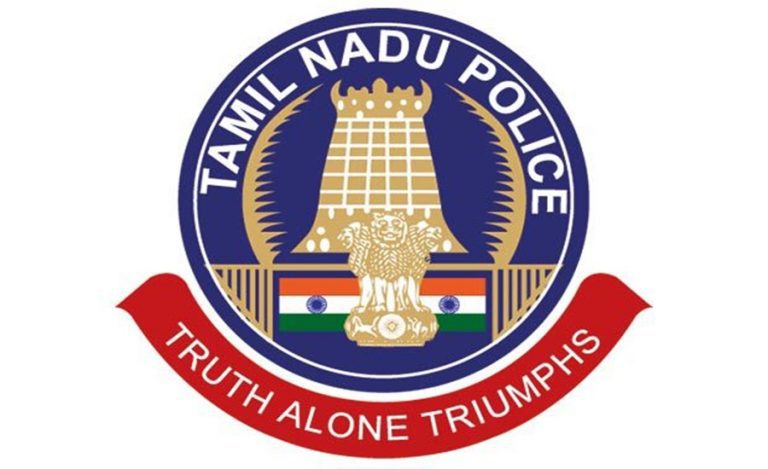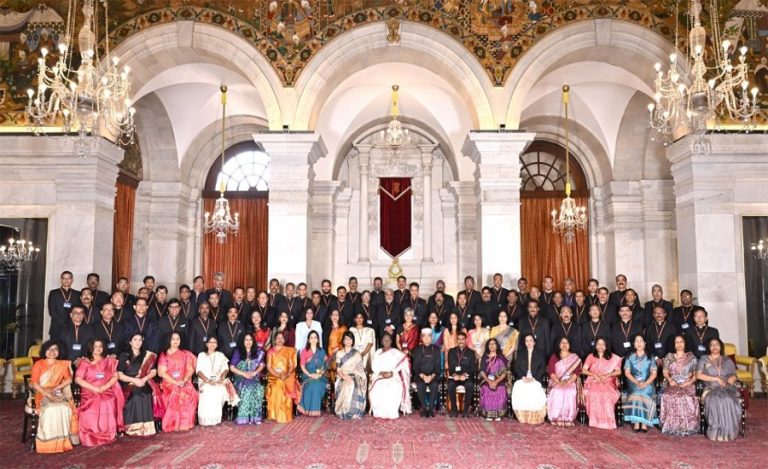UPSC results have reignited the reservation debate in the country, especially after the newly introduced Economically Weaker Sections category students scored much lower than the Other Backwards Castes (OBC) candidates. The debate was also fuelled by the narrowing gap between OBC and General Category students.
In the final results for the Civil Services examination held in 2019, announced by the Union Public Service Commission (UPSC) last week, the cut- off for the EWS category was less than the cut-offs for the OBC category in all the three stages – Prelims, Mains and the Final result – and lower than SC/ST cut-offs at the mains stage.
The cut-off marks for Prelims, Mains and, Final round for examinees from the general category were 98, 751, and 961 respectively, whereas, for EWS candidates, they were 90, 696 and 909 respectively.
The corresponding cut off for the OBCs, was 95.3, 718 and 925; for SC applicants, they were 82, 706 and 898 and for the ST candidates, the cut-offs were 77.3, 699 and 893. (See Table)
Civil Services Exams (2019) Category-wise Cut Off
| Category | IAS Prelims Cut off (Out of 200)** | IAS Main cut off (Out of 1750) | IAS Cut off (Final) (Out of 2025) |
| General | 98.00 | 751 | 961 |
| EWS | 90.00 | 696 | 909 |
| OBC | 95.34 | 718 | 925 |
| SC | 82.00 | 706 | 989 |
| ST | 77.34 | 699 | 893 |
A senior official of the National Commission for Backward Classes (NCBC) said, “There are Supreme Court judgments that say that the cut-off for general cannot be lower than that of the reserved categories, but EWS is also a reserved category now, and there are no guidelines to say that EWS quota has to be higher or lower.”
What is the reason behind this? Dr. Pankaj Mishra, owner of one of Lucknow’s biggest UPSC Coaching Centre, ‘Prepare IAS’ says, the EWS reservation provided to students of general category helped in boosting the morale of poorest of the poor students who otherwise could not dream of getting into the civil services. “This government policy was made for the welfare of the upper-caste poor candidates and does not have any individualistic approach,” he added.
‘Don’t poor among OBCs and SC/STs need EWS Quota?’
A former Professor of Makhan Lal Chaturvedi University and a Dalit activist, Mr Dileep Mandal says “EWS reservation has only been provided to the poor people of the upper caste and SC/ST and OBC have not been included in it.”
Is there a correlation between a person’s caste and his marks, asks Prof Mandal saying how can anyone be more meritorious or less meritorious only the basis of his caste? All of this is because the kind of education they receive and the environment in which they have been brought up. The idea of EWS is unconstitutional.
The Modi government had announced the entry of the EWS quota for the upper caste poor in government jobs and educational organizations last year, thus justifying a long drawn demand of the financially weaker sections of the general category.
Not Unexpected
Lower marks for the EWS students in UPSC were not exactly unexpected given the trend in other entrance examinations. In Combined Medical Service examination 2019, the minimum qualifying mark out of 400 for General category was 224 while the same for OBC was 183, for SC 192 for ST 159 while it was 126 for EWS. That implies that the upper caste poor students fared even poorly than the SC and ST candidates.
The ONGC GATE marks also indicate the same trend where the cut-off marks for EWS was 396, far lower than the 557 marks for the unreserved category and 433 for the OBC category. The cut-off marks in the SBI clerical grade exam released for Tamil Nadu for EWS were 28.5 as against the cut off for General (61.25) SC (61.25), ST (53.75) and OBC (61.25).
Getting More Competitive
Owner of a Bhopal-based coaching center feels that the Civil Services examination has become more competitive than ever before. It is also becoming unpredictable in the recent past. Facing a resource crunch the upper caste poor candidates can now sail through even the toughest of examinations due to EWS quota.
While a large number of OBS and SC candidates having been left out of the race have been venting their spleen in social media against the EWS quota, a senior government official hopes that their cut off too would rise gradually. “As they also get education and study material at par with other students, they too would catch up in next 2-3 years”, he hoped.
The 27 per cent reservation for OBC candidates was introduced in 1990, after the recommendations of the Mandal Commission were accepted and implemented by the then VP Singh-led Government at the Centre. It was extended to civil services in 1995, and to other higher education institutions in 2007. The OBC quota was upheld by the Supreme Court in 1992.
No Empirical Evidence
The case of EWS reservation is yet to be supported with any scientific data by the Centre. The law was passed in 2019 and is being implemented in a hasty manner, claim OBC and SC activists on social media.
The civil service examination 2019 was conducted by the UPSC for filling 927 vacancies, and it has recommended 829 candidates for IAS, IPS, IFS and other posts. Among them, 78 candidates were chosen through the EWS quota with only 18 seats in IAS, 15 seats in IPS, and 9 seats available for them in the IRS this year.

